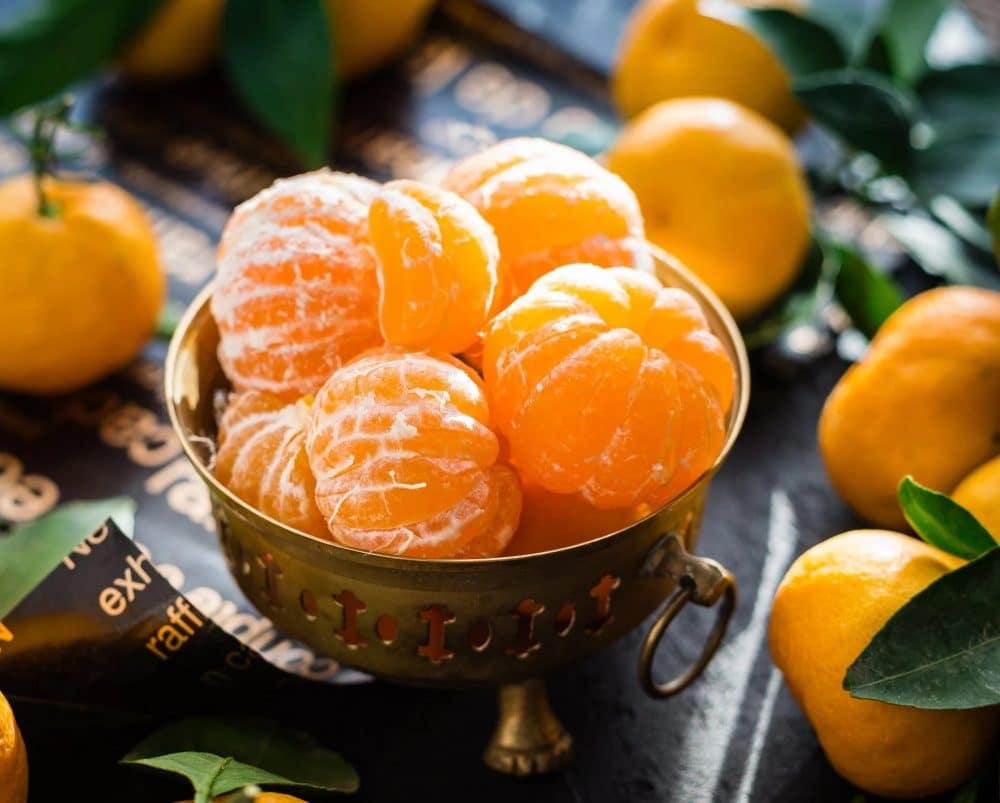If you’re an avid reader, you’ve probably sniffed a book or two, or at least judged those who have. This weird urge has launched a thousand theories and even research studies to find out why this happens. Turns out, there may be a scientific explanation for why books, and specifically older books, smell so good.
Source: Unsplash
The Reading Culture Theory
First, let’s get the cultural theory out of the way. For centuries, a strong reading culture meant that books were hoarded across temples, libraries, and other important buildings across the world. Books, and the people who read them, came to symbolise wisdom and authority. The knowledge within non-fiction books could turn the tide of war or contain religious scripture about the truth of the universe.
Even today, tablets and e-readers don’t quite capture the bookish perception that an old tome does. Online industries often lean on the reverence we give books – Amazon still sells them in droves and iGaming slots often use “Book of” as a popular naming convention. Of course, the best book of slot games focus on the texts of Ancient Egypt, the lost city of El Dorado, or the secrets of Merlin – all old and mysterious books that would be worthy of respect.
As physical books become less common, we can’t tell if this will fuel or diminish our cultural reverence of them. However, many think that the smell of books isn’t the smell at all – it’s the positive connotations linked to it. An avid reader will smell many books in their lifetime and, every time, the smell takes them back to a younger, hipper version of themselves. It’s a compelling theory, considering odours are strongly linked to memory.
The VOC Theory
The more scientific amongst us haven’t been satisfied with the reading culture theory. They believe that there is something tangible between the pages of a book, something that can’t be found anywhere else. Instead of nostalgia, they put the blame squarely at the microscopic feet of VOCs. VOC stands for Volatile Organic Compound, a wide category of gases with a low boiling point.
In this case, volatile refers to the chemistry definition – think perfume fizzling away in the air, not explosives. That’s right, perfume and other everyday scents are VOCs. When plants are being pollinated, they use VOCs to attract insects and deter other beasties. Even fossil fuel use creates VOCs, but as you’d expect, not the kind that you should inhale.
Like everything else, paper degrades over time. This means older books will start to break down on a molecular level and when they do, it’s VOCs that get trapped between the pages. An increase in VOCs correlated with the age of the book. It correlated so much that researchers created a new documentation tool based on book smell. VOCs can smell different depending on the specific chemical, where they found that limonene smelled like citrus while undecanal created a chocolate-like scent.

Source: Pexels
Assuming the book is old and dry, opening one can release a flurry of harmless VOCs that provide a physical, scientific basis for why we like the smell. It’s not just paper that reminds us of better times.
The Combined Theory
If you’ve been paying attention, you may have noticed that these two main theories aren’t mutually exclusive. Books can cook up nice-smelling VOCs and their smells can remind us of more nostalgic times.
In fact, that’s the opinion of many researchers who try to tackle this mystery. Co-author of the VOC study Matija Strlič concluded that “smell triggers old memories that we otherwise couldn’t trigger” and “plays such an important role in how we experience heritage.” Her conclusion wraps both the reading culture and VOC theories in a neat bow.















